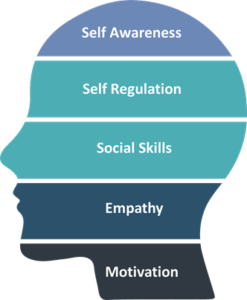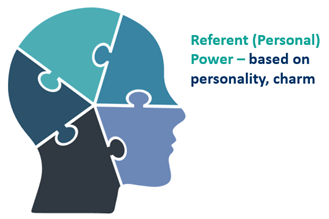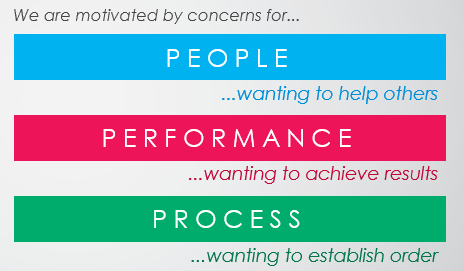Behavioural Skills in Negotiation
"It's harder to say no to someone you like."

Sometimes when you’re watching a premiership football match, you see that player that seems to have that extra ½ second to think and steer the ball away from trouble, or deliver that killer pass for a goal, probably experienced in their late 20’s / early 30’s and know what to do at the right time.
These are the attributes of a great negotiator. That ability to step back, pause, breathe and then make the right move, expressing completely planned control of their body language and actions.
This person will effectively combine body language with other areas, such as active listening and the use of emotions in a completely planned manner. They will know what they are doing and why they are doing it. It is the elements of Self Awareness and Self-Regulation that gives them the time to think, breathe and act accordingly.
They may use eye contact, sit forwards, nod and actively listen, whilst smiling, to give encouragement. They will repeat their understanding back to reassure the speaker of their interest to establish a good level of rapport.
On arrival, they will ask about your family holiday, whilst making you a nice cup of coffee to go with the biscuits! They will put you in a very comfortable environment before starting the meeting.
"It's harder to say no to somebody you like."
In another instance, they may choose to shake their head and look down, then lift up and tell you, ‘how disappointed they are’, or ‘I thought our relationship was better than this.’
How powerful is this, especially if they have not done this to you before. This is an example of the planned use of emotion – the proven number 1 method of persuasion.
With effective planning, this can even be staged. I once asked my MD to join a meeting 45 minutes from its commencement. The MD was extremely well known in the industry and the supplier delegation knew him well. He entered the room, spent some time with the supplier team and then asked how things were going. I said, ‘not very well at this stage’ to which he said, ‘oh that’s disappointing, anyway I’ll leave it with you’ and left the room. Things changed significantly after that! He re-joined at the end of the meeting to thank everybody for the agreement that had been reached.
The use of Emotional Intelligence, as per the work of Daniel Goleman, is extremely powerful in negotiations. Somebody who has great self-awareness, self-regulation, empathy, social skills and is highly motivated is a difficult force to stop. They are able to make people do whatever they want, they will always stay composed and assertive, they are formidable!
"Some people are just good at it, they are a natural."
Referent or personal power is an extremely positive force to have in a negotiation environment. Some people just have it, humour, charm, charisma, personality, the million dollar smile, or whatever it is that will make others move for them. You will all know somebody like this, it may be you! This person has great negotiation power, even if they do not have any legitimate, positional power in the organisation. If they have both, referent and positional power, then again, a formidable force.

Combined with Emotional Intelligence, the person who also understands their own Motivational Value System, (MVS) and what drives them can see, read and assess others very accurately and quickly.
If this person is facing a natural ‘red’, task based, almost aggressive person, they will quickly establish how to behave accordingly. They could choose to go ‘red’ with a ‘red’ and meet them head on, very assertively, with appropriate body language and tone.


Similarly they may choose to go all ‘blue’ on them and continually discuss non-task related issues, with an appropriate calm posture, taking their time, almost wasting time and frustrating the life out of the ‘red’, from which they could change at any time.
The key point here is somebody like this will know exactly what they are doing, why they are doing it and what they are going to do next, from which they will deliver the key pass for the winning goal!

This article was written by Gary Tinsley FCIPS, BA (Hons), DTLLS, Co Founder of SR Strategic Sourcing Ltd.
For further details and information on Managing your Supplier base and how this can help your organisation please contact us or click through to the following pages
Total SDI Strength Deployment Inventory
Improving your negotiation Skills
Adding Value though Effective Contract Management in the Public Sector
